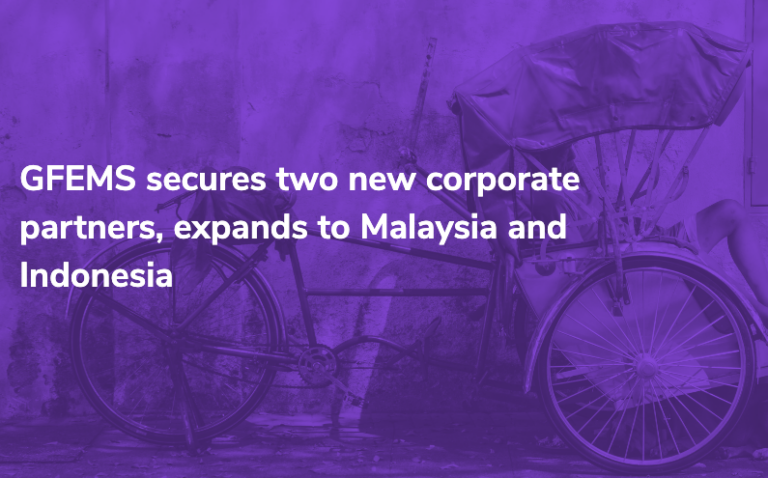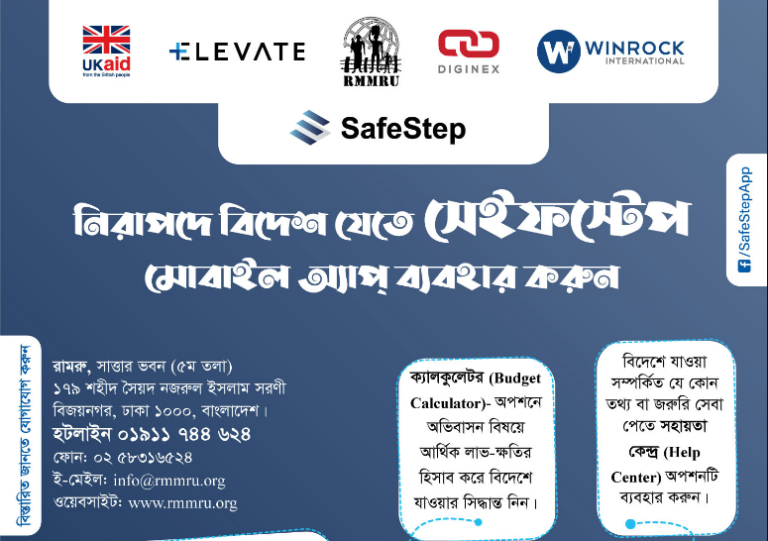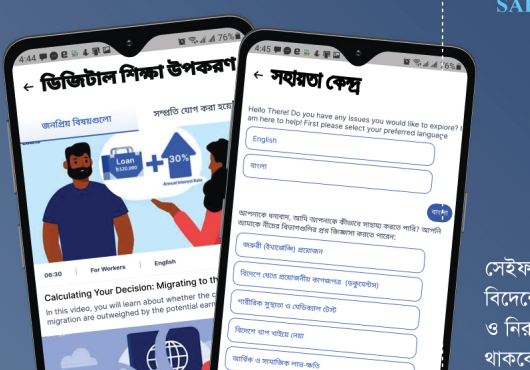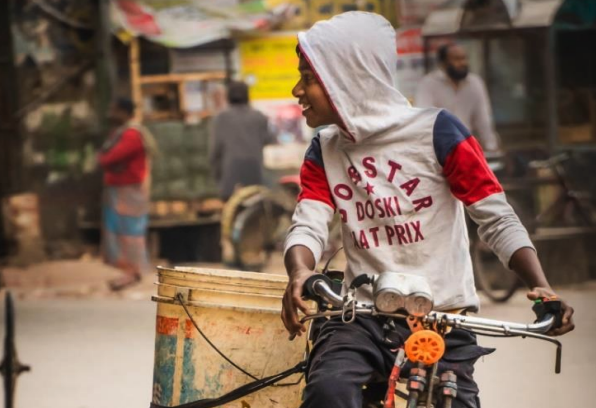Resources
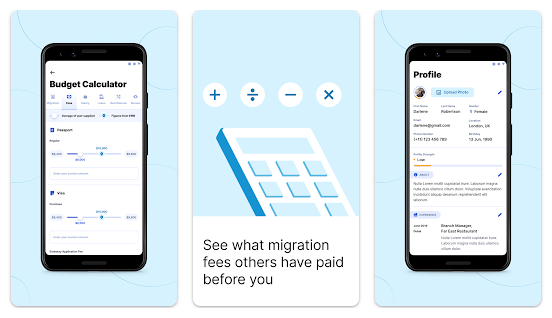
SafeStep – App on Google Play
SafeStep is created for Bangladeshis seeking safe, reliable overseas employment. The goal is to empower people relocating overseas for work with the necessary knowledge and tools to ensure their recruitment and employment experience is safe, transparent and ethical. SafeStep is a product developed by a consortium of partner organizations – Diginex Solutions, ELEVATE and Winrock […]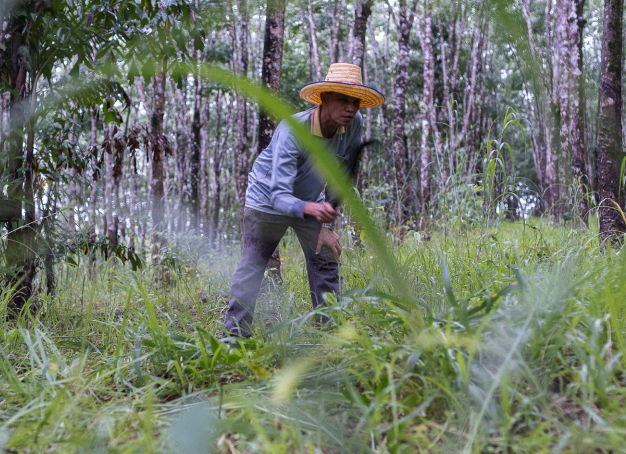
Engaging the Private Sector in Counter Trafficking
This private sector engagement (PSE) learning paper was developed to document lessons from the current Winrock programming and to inform future counter-trafficking in persons (CTIP) initiatives in Thailand.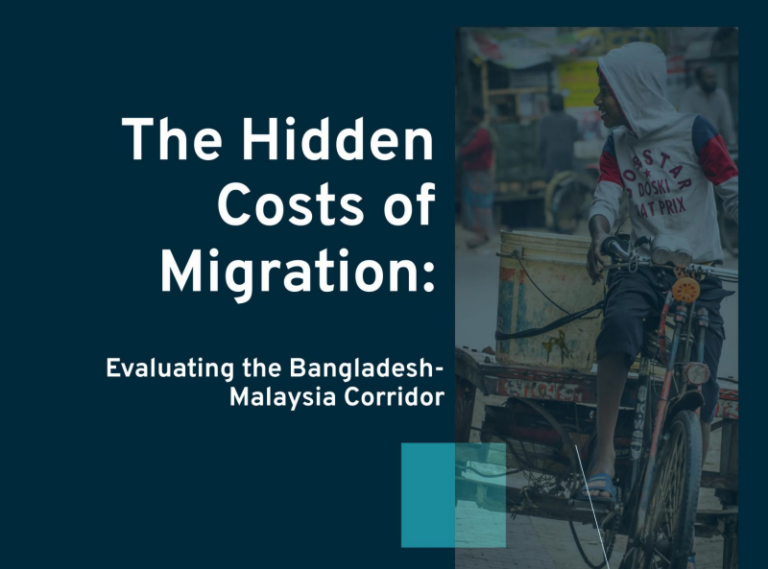
The Hidden Costs of Migration: Evaluating the Bangladesh – Malaysia Corridor
Malaysia has been employing millions of Bangladeshi migrant workers since the 1980s. In 2012, the governments of Malaysia and Bangladesh signed a memorandum of understanding (MoU) on labor migration. The memorandum, known as the G2G (government to government) program, allowed Bangladesh to send migrant workers to Malaysia’s plantation sector. The G2G program was later reformed […]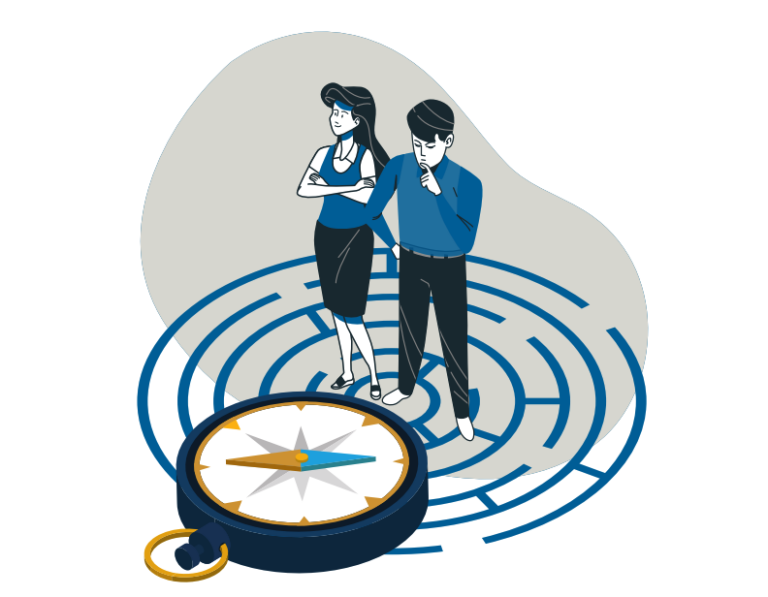
Smart Navigator Toolkit (Russian)
Download Kazakh version The USAID Safe Migration in Central Asia activity in partnership with six Kazakh NGOs launched a series of Smart Navigator trainings in six regions of Kazakhstan in 2021. Smart Navigator, first developed by World Vision for South Asia, is designed to educate youth on how to be aware of and avoid being […]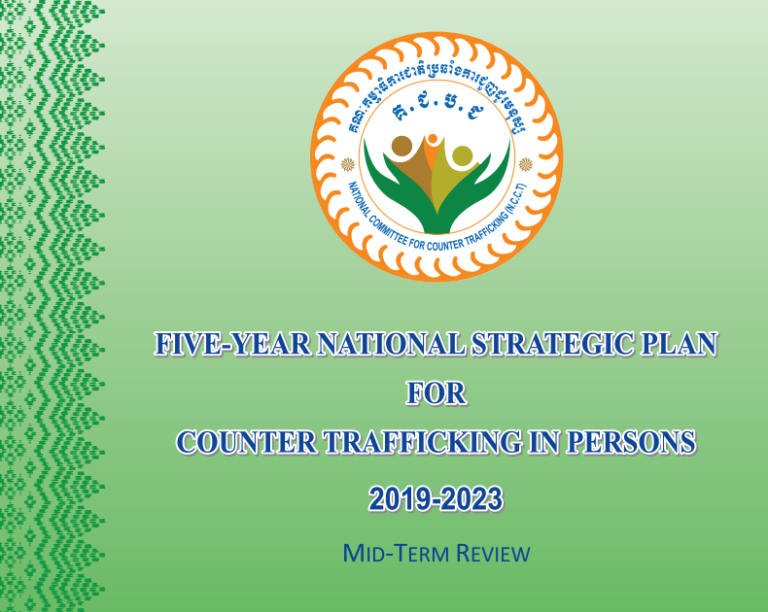
Mid-Term Review on the Implementation of Cambodia’s Five Year National Strategic Plan For Counter Trafficking in Persons (2019-2013)
The USAID Cambodia CTIP project, implemented by Winrock International, supported the Royal Government of Cambodia to conduct and analyze the results of a mid-term evaluation of its Five-Year National Strategic Plan for Combatting Trafficking (2016-2023). This mid-term evaluation helps shed lights into strengths, weaknesses, achievements and gaps in the implementation of Cambodia’s national CTIP policy […]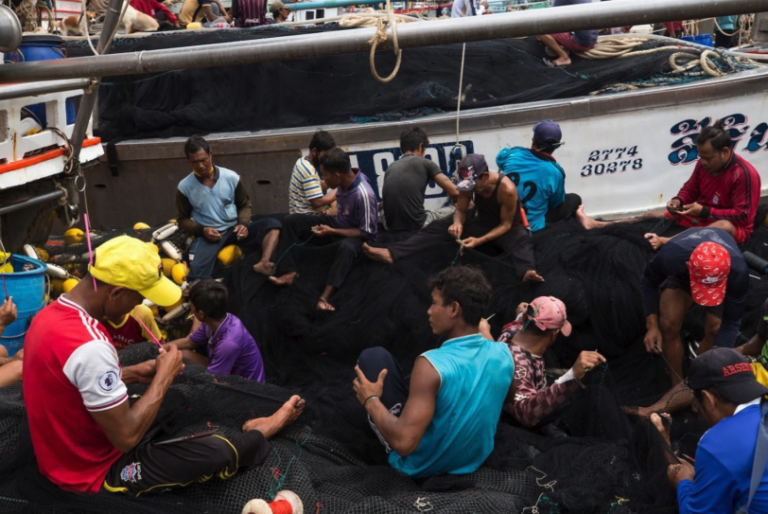
Embracing Multistakeholder Collaboration to Positively Impact Workers in Thailand’s Seafood Supply Chain and Beyond
This learning product highlights the activities, outcomes and lessons learned stemming from a collaboration aimed at reducing exploitative labor practices in Thai fishing supply chains, improving worker wellbeing, and inciting meaningful change through collective action at the industry level. It was co-designed and supported by Mars Petcare and implemented by two Counter Trafficking in Persons […]